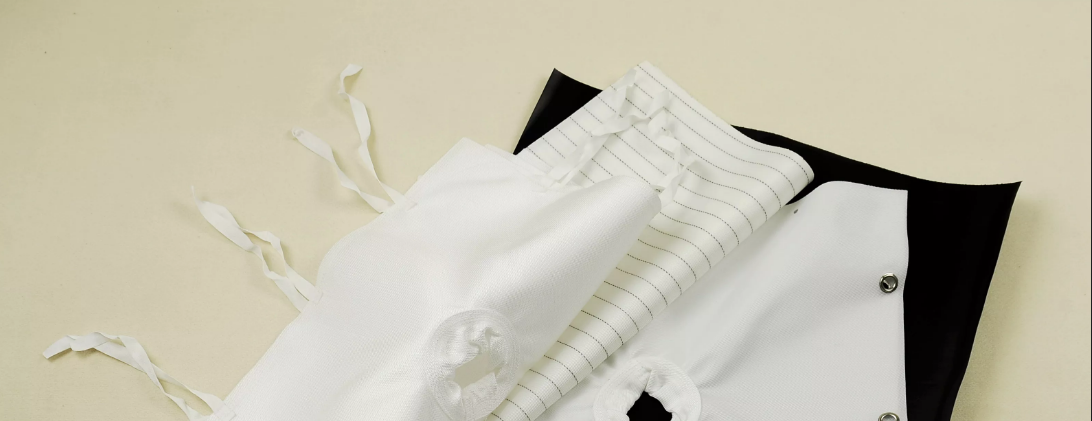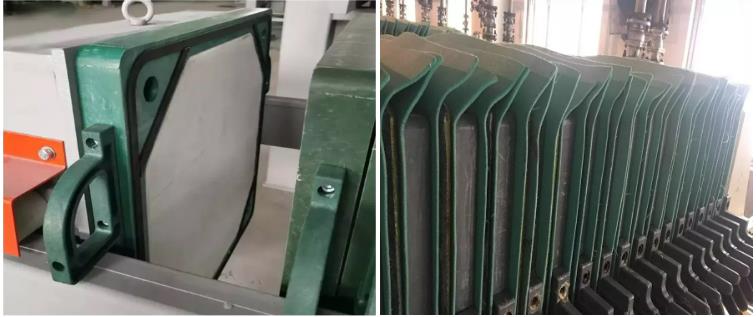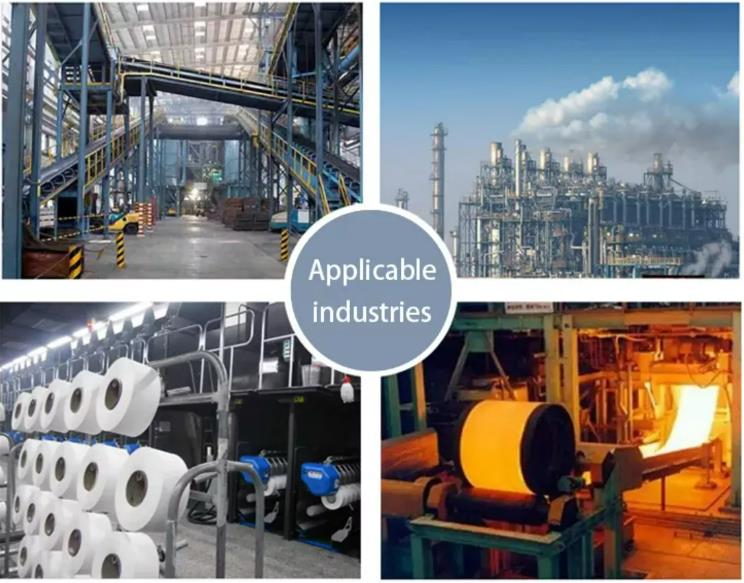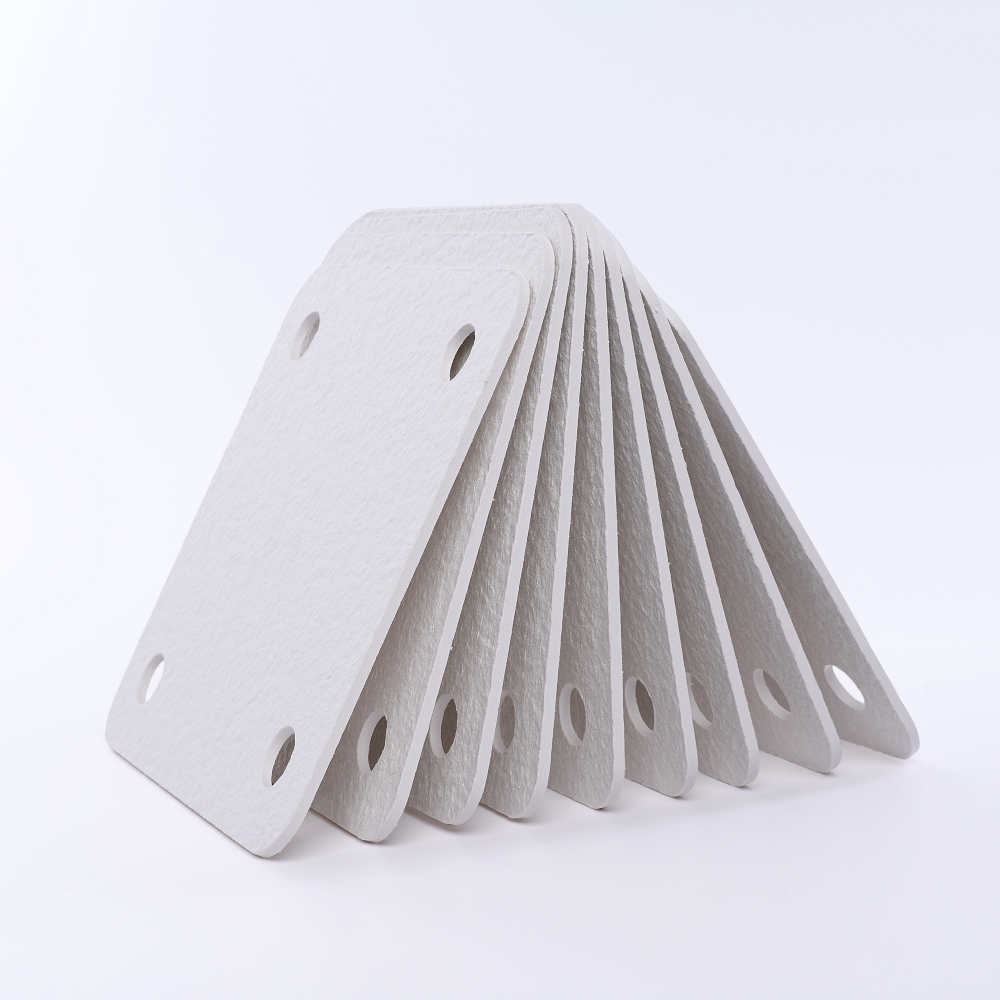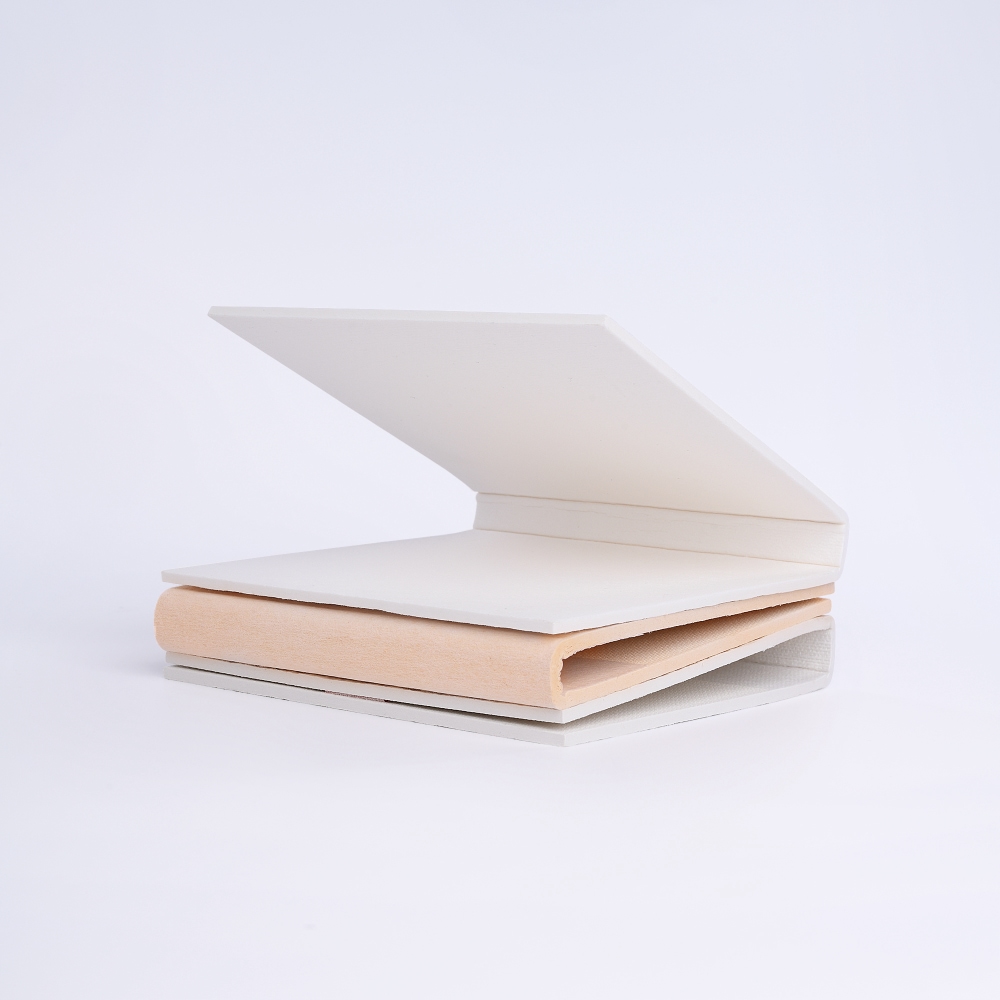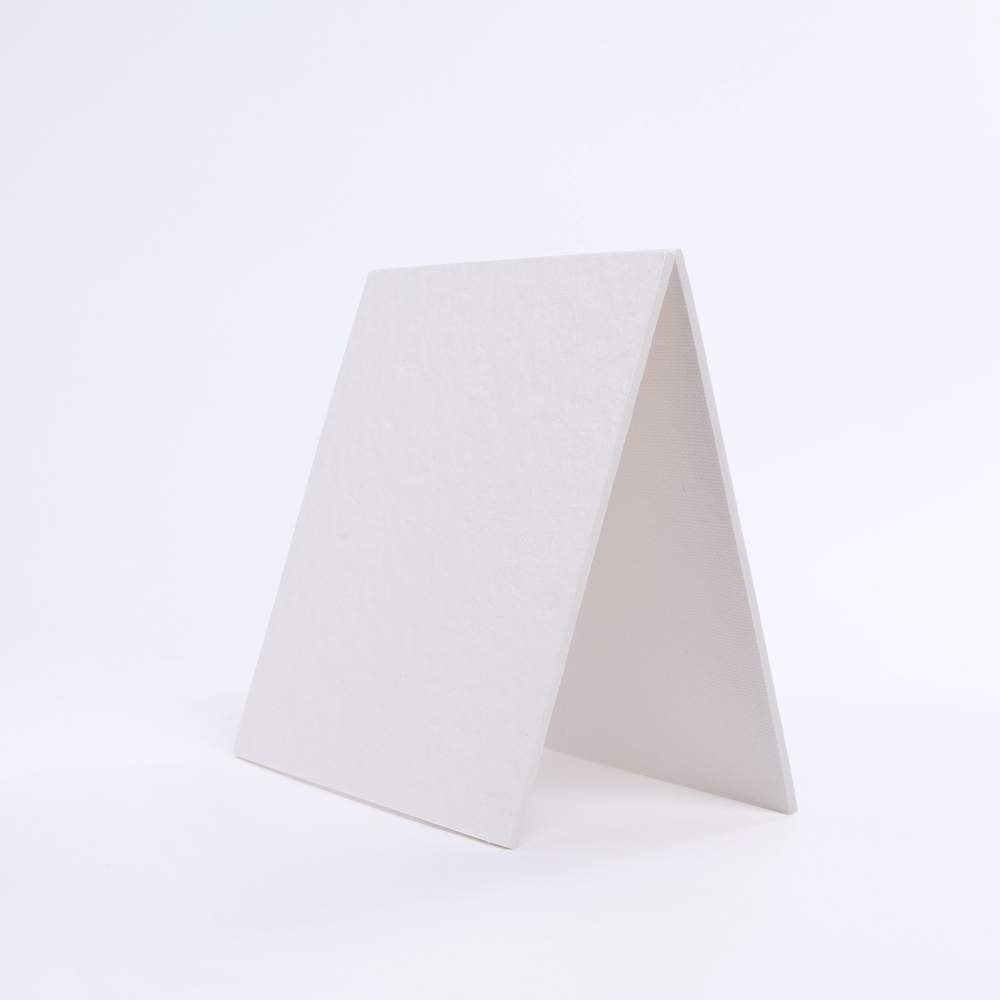China wholesale Nylon Filter Cloth - Filter cloth of filter press Non-woven liquid filter cloth – Great Wall
China wholesale Nylon Filter Cloth - Filter cloth of filter press Non-woven liquid filter cloth – Great Wall Detail:
Filter press cloth
Filter press cloth normally include 4 types, polyester(terylene/PET)polypropylene (PP), chinlon (polyamide/nylon) and vinylon. Especially the PET and PP materials are very popularly used. Plate frame filter press filter cloth is used for solid liquid separation, so it has higher requirements on resistance performance to both acid and alkali, and some time might on the temperature etc.
Polyester/PET Filter Press Cloth
Polyester Filter Cloth can be divided into PET staple fabrics, PET long thread fabrics and PET monofilament. These products possess the properties of strong acid- resistance, fair alkali- resistance and operating temperature is 130 centigrade degrees. They can be widely used in pharmaceuticals, non-ferry melting, chemical industrial for the equipment of frame filter presses, centrifuge filters, vacuum filters etc. The filtering precision can reach less than 5microns.
Polypropylene/PP filter Press Cloth
Polypropylene filter cloth possesses the properties of acid-resistance.Alkali-resistance, small specific gravity, a melting point of 142-140centigrade degrees, and operating temperature maximum of 90 centigrade degrees. They are mainly used in precision chemicals, dye chemical, sugar, pharmaceutical, alumina industry for the equipment of frame filter presses, belt filters, blend belt filters, disc filters, drum filters ect. The filter precision can reach less than 1 micron.
Filter Press Cloth Advantages
Good Material
Acid and alkali resistance, not easy to corrode, high temperature resistance, low temperature resistance, good filterability.
Good Wear Esistance
Carefully selected materials, carefully made products, not easy to damage and have a long service life.
Wide Range of Uses
It is widely used in chemical, pharma-nautical, metallurgy, dyestuff, food brewing, ceramics and environmental protection industries.
|
Material
|
PET(Polyester)
|
PP
|
PA Monofilament
|
PVA
|
|
Common Filter Cloth
|
3297、621、120-7、747、758
|
750A、750B、108C、750AB
|
407、663、601
|
295-1、295-104、295-1
|
|
Acid Resistance
|
Strong
|
Good
|
Worse
|
No Acid Resistance
|
| Alkali Resistance |
Weak Alkali Resistance
|
Strong
|
Good
|
Strong Alkali Resistance
|
|
Corrosion Resistance
|
Good
|
Bad
|
Bad
|
Good
|
|
Electrical Conductivity
|
Worst
|
Good
|
Better
|
Just So So
|
|
Breaking Elongation
|
30%-40%
|
≥ Polyester
|
18%-45%
|
15%-25%
|
|
Recoverability
|
Very Good
|
A Little Better Than Polyester
|
Worse
|
|
|
Wear Resisitance
|
Very Good
|
Good
|
Very Good
|
Better
|
|
Heat Resistance
|
120℃
|
90℃ A Little Shrink
|
130℃ A Little Shrink
|
100℃ Shrink
|
| Softening Point(℃) |
230℃-240℃
|
140℃-150℃
|
180℃
|
200℃
|
| Melting Point(℃) |
255℃-265℃
|
165℃-170℃
|
210℃-215℃
|
220℃
|
|
Chemical Name
|
Polyethylene Terephthalate
|
Polyethylene
|
Polyamide
|
Polyvinyl Alcohol
|
Applicable industries
Contact us for more information, we will provide you better products and best service .
Product detail pictures:
Related Product Guide:
Our firm since its inception, normally regards item top quality as company life, constantly make improvements to generation technology, improve product excellent and repeatedly strengthen organization total good quality management, in strict accordance with the national standard ISO 9001:2000 for China wholesale Nylon Filter Cloth - Filter cloth of filter press Non-woven liquid filter cloth – Great Wall , The product will supply to all over the world, such as: Denmark, Swiss, Houston, Selling our products and solutions causes no risks and brings high returns to your company instead. It is our consistent pursuit to create value for clients. Our company is looking for agents sincerely. What are you waiting for? Come and join us. Now or never.
The factory technical staff gave us a lot of good advice in the cooperation process, this is very good, we are very grateful.


